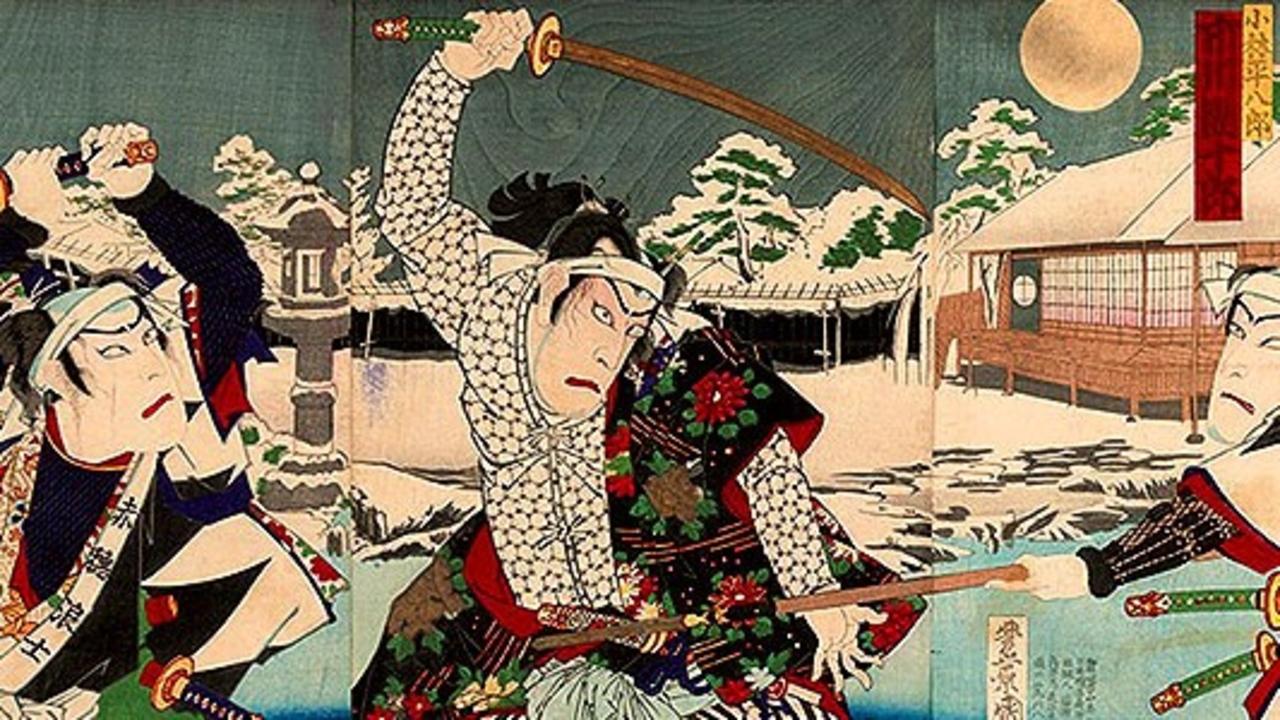Reflections on Giri, our obligational duty as written by Inazo Nitobe
Apr 14, 2019
I want to continue the discussion about the fundamental difference between right and wrong. If you read the previous article, we talked about Bushido The Soul of Japan, written by Inazō Nitobe.
I’ll be sharing each one of the (8) tenets that Nitobe presents as the tenets of warriorship as defined in his work, Bushido: The Soul of Japan. The first one as we already discussed being gi, which means rectitude or justice.
As a Martial Arts teacher, the most important principle I teach a student when they first come into the dojo is gi. Yes, there are truly elements of primitive combat, self defense, etc… but ultimately those skillsets are secondary for me. I could teach close range fighting in a concrete room with a pair of khaki shorts and a T-shirt on, and could get the same thing done; to learn to fight.
What's most important for the traditional Martial artist is the first step is to understand the fundamental difference between what is right and what is wrong.
The spectrum of the tenants as Nitobe writes, spans from this sense of 義 gi, living on the path of righteousness, to being able existing in a constant state of constant self-control, 自制 jisei.
In the previous article, I posed the question,
‘is it wrong to feel bad for someone or to ever feel sorry for someone?’
Is that wrong?
This is a question that I posed to the children, encouraging them to go home and have this discussion with their parents. I wanted to hear what the parents had to say.
I got what I asked for, some interesting feedback from the kids. One of the answers was that,
‘it is okay to feel sympathy. That is an okay thing. But it's not okay to necessarily just stand by and feel bad for someone without taking action.’
To have empathy is okay too. Right? One of the other children responded with,
‘No, maybe it's not okay to just feel bad for someone - because you're indirectly saying that you are somehow better than that person or your situation in life is better than theirs. It’s wrong to put yourself above them.’
Whether or not these answers are right or wrong to you, we can agree that from children, we must find them interesting. These kids are doing such critical thinking centered around the topics which Nitobe wrote in the tenets of Bushido. Super cool.
I went on in this class to explain the term giri, which Nitobe gives definition to in his explanation of gi. It is obligatory duty. The most immediate example being how I am with my sensei at all times when I am around him.
When I travel to Japan there is a sense of obligation that I have almost constantly to my teacher. In any western setting, it would be kind of bizarre, but at the Dojo in the city of Noda, it’s totally legit.
Each morning, even though I don’t really need to, I happily go downstairs to sweep, vacuum and clean the Dojo long before anyone arrives. It’s a small gesture of giri, but one that I hold in great value. It is the same with just about anything my teacher asks of me.
My class began to understand this word giri a little bit in the context of the traditional Martial Arts, as though it was actually taking the first step beyond being sympathetic to someone's situation. The actual initiation of gi.
The example came up of a car that had flipped over off the side of the road. You just drove up and noticed it. It’s apparent that it had just happened as the wheels were spinning and dust was still plumed up around the vehicle.
As you look at the situation you cannot help to feel bad for whomever is in the car. That sympathy in the moment is okay, but failure to act on that sympathy is not.
For some, the decision to act is blocked by what is called a freeze, it’s totally natural. Another decision is blocked by simply not knowing what to do, so those who are sympathetic are stuck in a feedback loop of confusion. But the warrior does not hesitate from taking action based on their own personal capacity and skill sets.
Knowing it is righteous to act when a situation is tense, is very different than acting in that moment. It is the one who is bound to the obligation of righteous duty, through a strong sense of commitment to making the decision.
Giri should be manifested through the consistent practice of Budo. Thus, the properly trained budoka (martial arts student) will be among the first to step forward to help, to go to the accident or to go to the situation and make themselves available to serve.
Eventually, the student of budo has a deep obligation to follow the path of righteousness within all areas of their life and relationships.
And as most well lived adults can attest to, this is not an easy path.
I hope you have enjoyed this article, if you have please consider subscribing to our Dojo podcast and be updated whenever a new episode rolls out. And of course, I would love your feedback on these episodes and articles.



